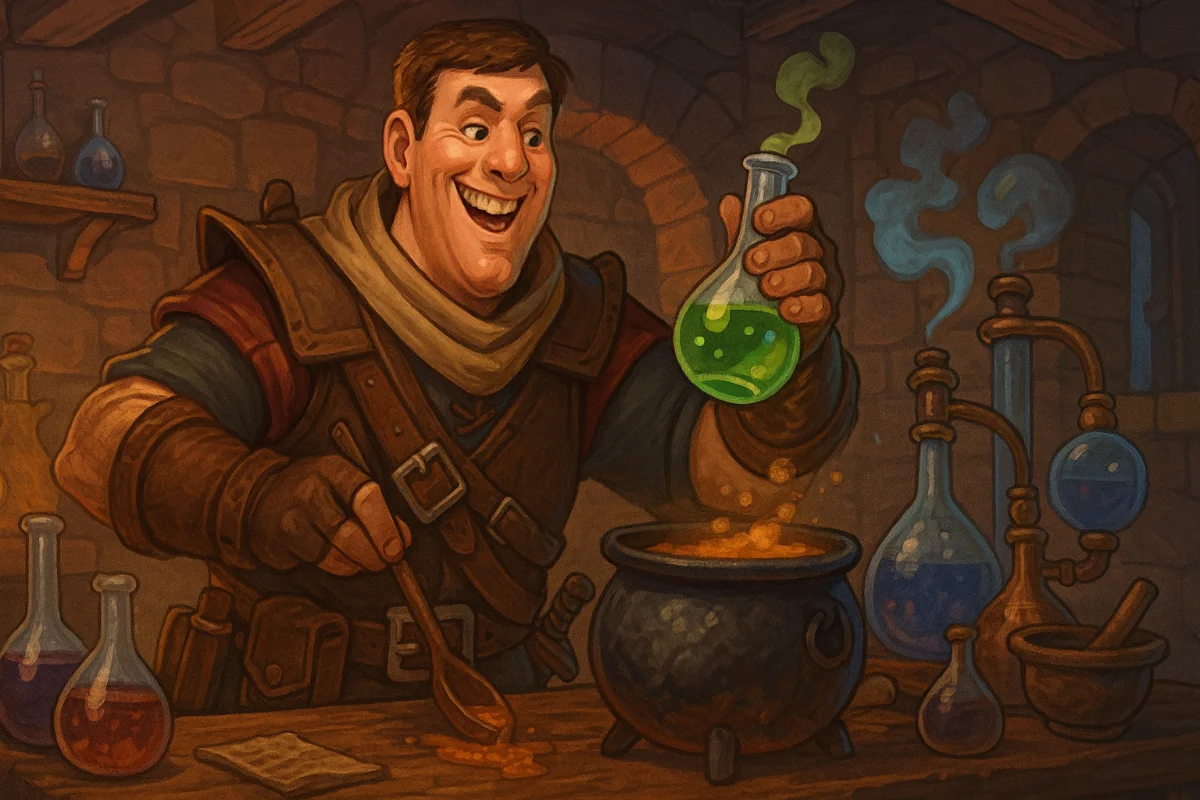
KCD2 Alchemy Tool and Why I Miss TTRPG Crafting
I built an interactive KCD2 alchemy tool to manage recipes and reflect on how modern TTRPG design has diminished meaningful crafting and earned progression.
30 posts found

I built an interactive KCD2 alchemy tool to manage recipes and reflect on how modern TTRPG design has diminished meaningful crafting and earned progression.
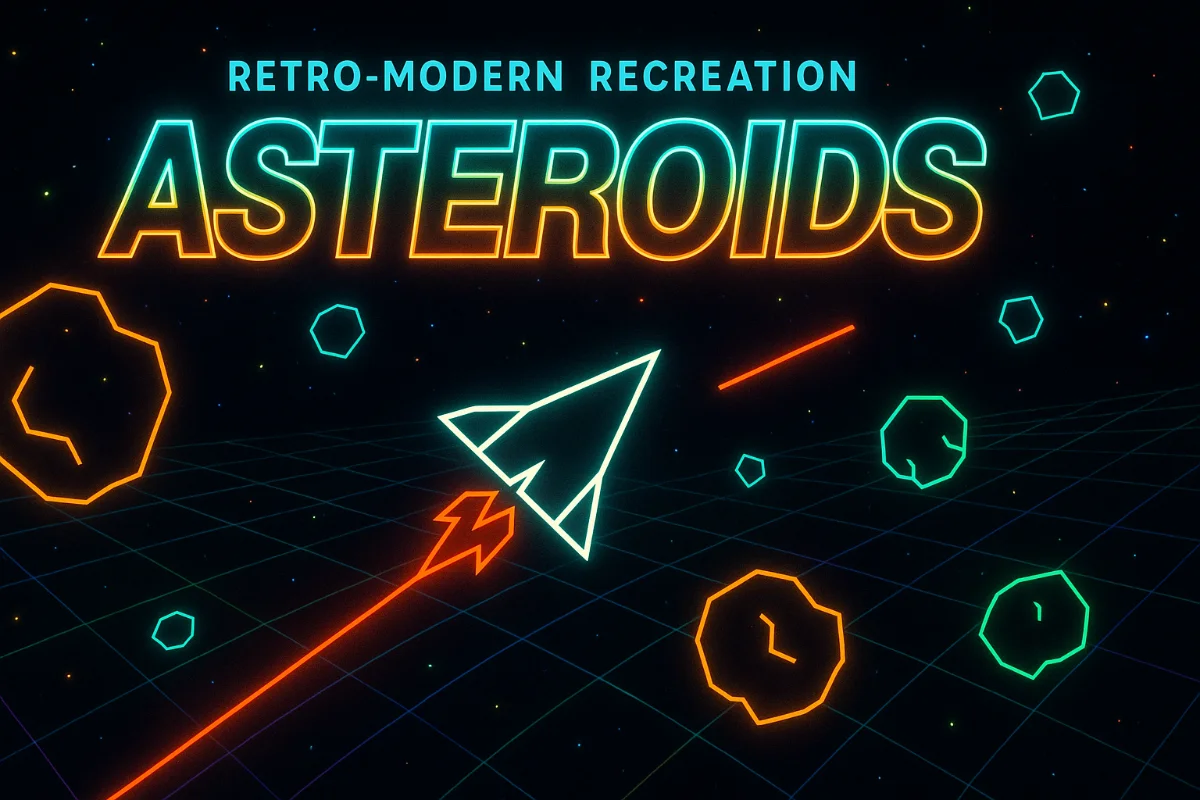
I developed a browser version of Asteroids, sharing my high score hopes while exploring TTRPG tools post-site conversion.
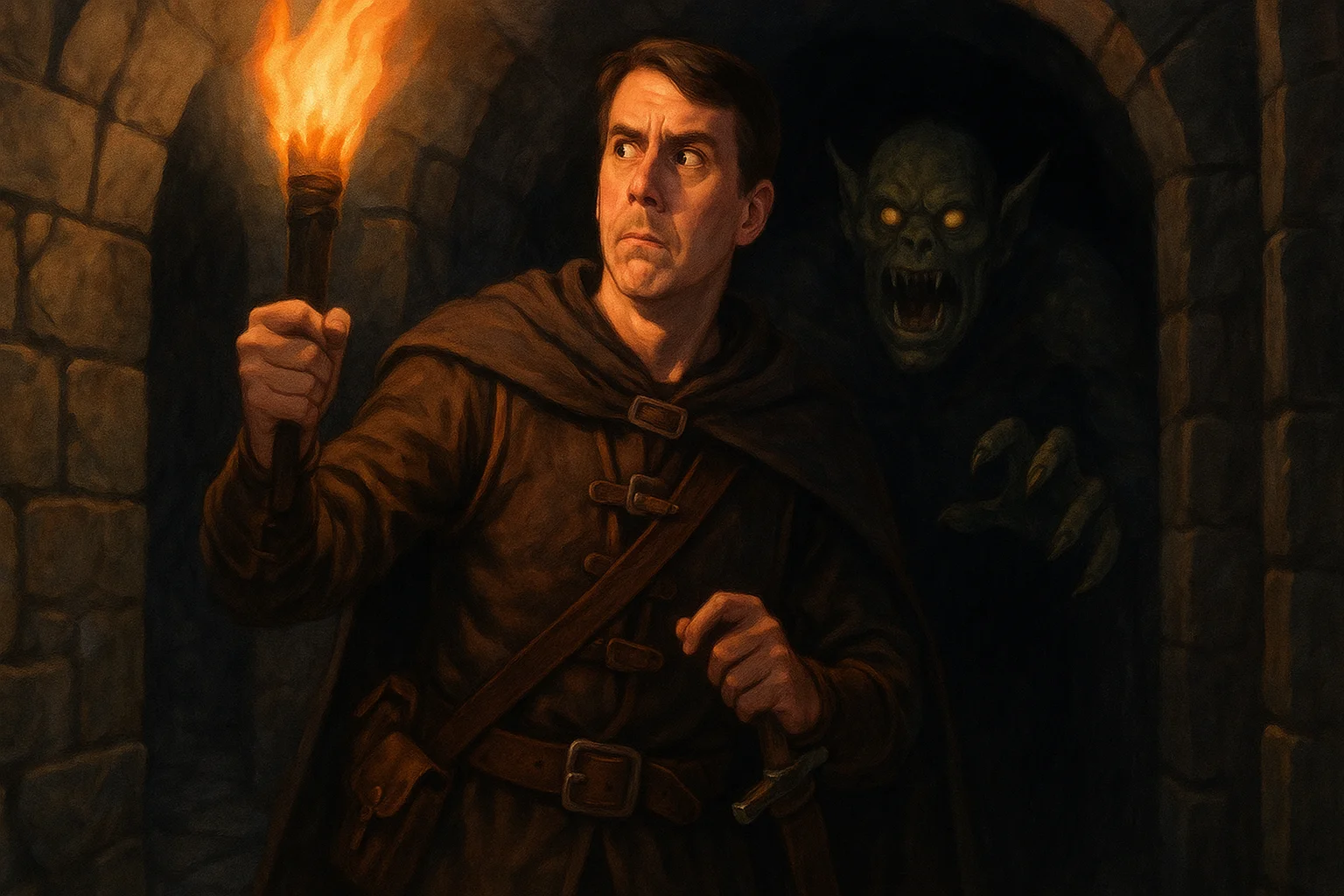
Reject the win-lose mindset and celebrate diverse TTRPG playstyles; curiosity over gatekeeping turns debate into discovery and keeps the hobby welcoming.
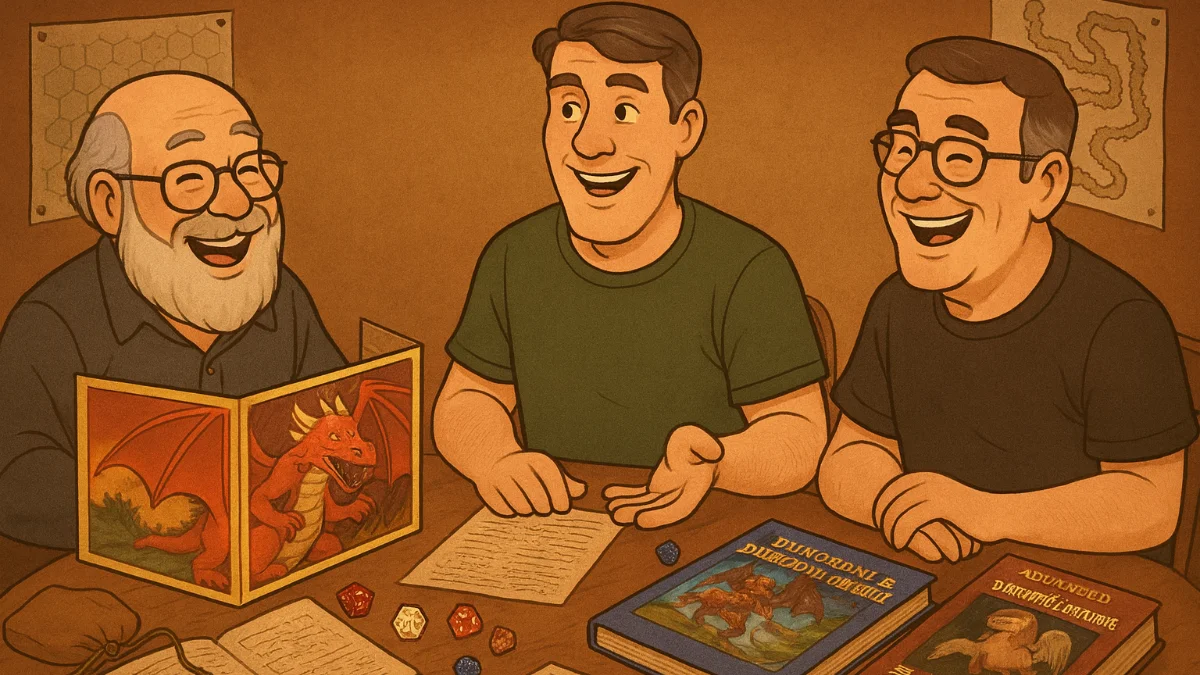
Reflecting on Tim Cain and Gary Gygax, this calls for empathetic, nuanced remembrance of D&D's creators over meme-fueled narratives.
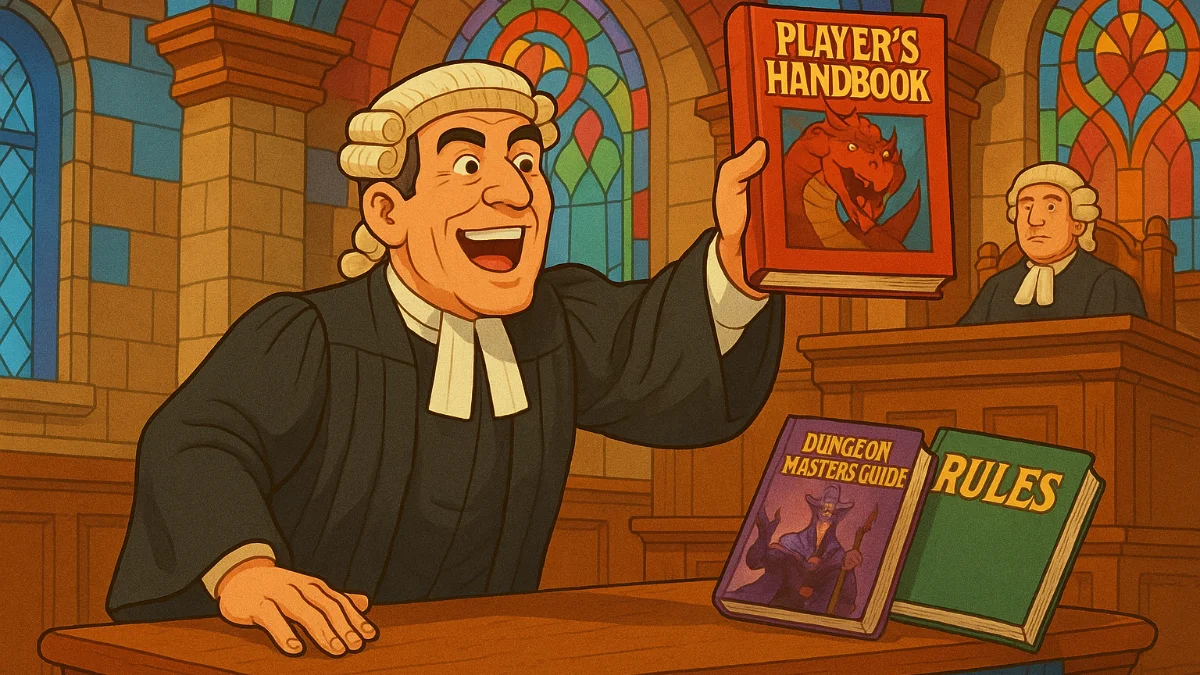
5e 2024’s exception-heavy design can fuel rules debates; here’s how DMs and players can balance rulings, fun, and table expectations.
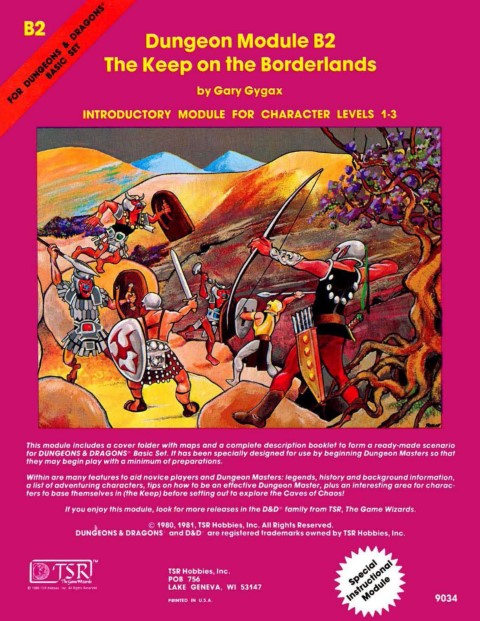
Classic modules show early editions centered on negotiation and player ingenuity, contrasting with later skill-driven, performative approaches.
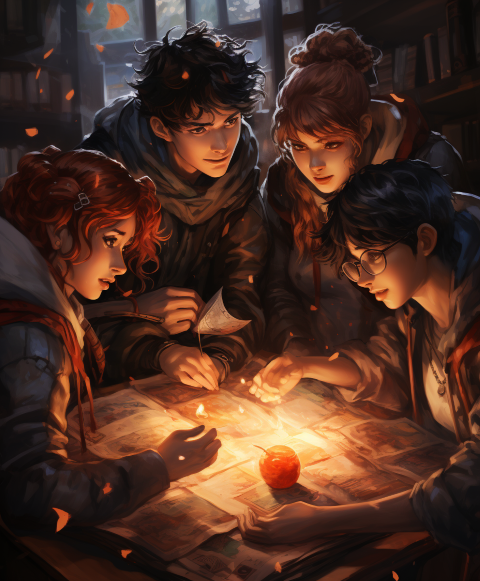
Practical, playful principles to be a better TTRPG player: show up, engage, share spotlight, pursue story beats, state intentions, respect others' fun.

Argues for XP-based advancement in D&D, rewarding non-combat play, encouraging agency, easing pacing, and doubling as a memory log for your campaign.
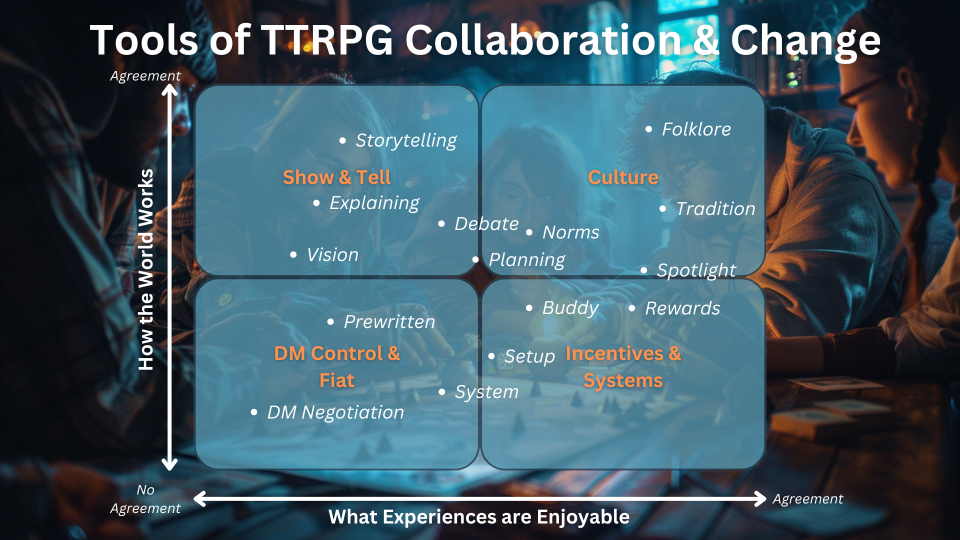
Build better tables by aligning assumptions about the world and preferred play styles, then using communication, examples, and incentives to support shared fun.

Rather than quick yes/no rulings, challenge players with conditional goals that turn edge cases into quests, deepening stakes and shared world.